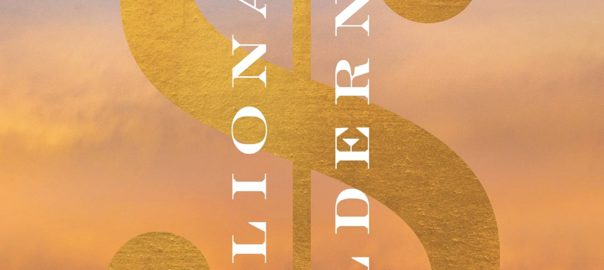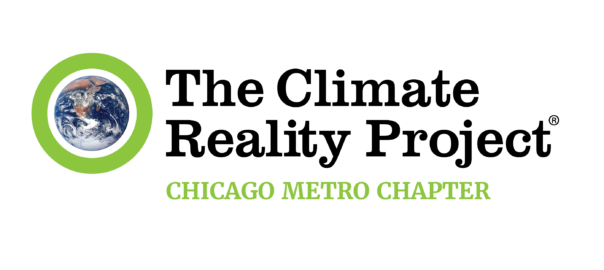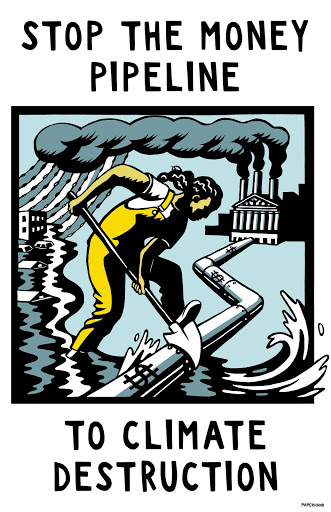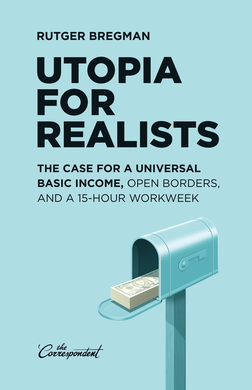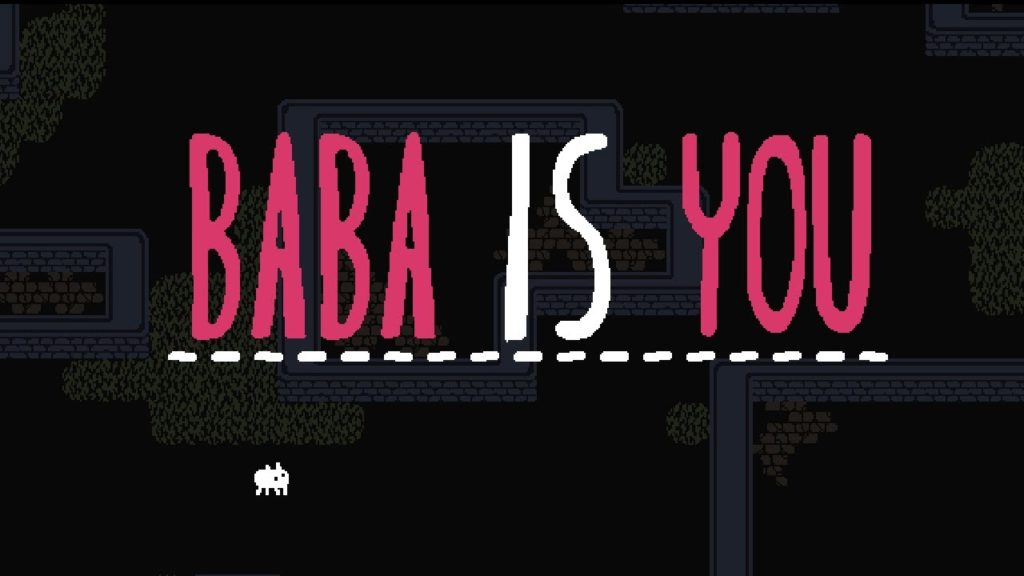On September 14th, I’ll be giving a talk with my co-author, Jeremy Fischer, at Queen’s University in Kingston, Ontario called “Justice in the Cafeteria.” Here’s the abstract:
School meal reform efforts generally center around health, financial accessibility, and environmental sustainability, all of which are important. However, key ethical and political aspects of school meal programs have not received adequate attention in public discussion. We argue that whether school meal programs provide animal-based foods is a matter of justice for kids and for the society in which they live. Our child-centered arguments against providing such foods offer animal advocates and others who have a stake in the school meal debates a motivationally potent resource for their advocacy—without presupposing any particular view about our duties to animals.
Since COVID isn’t over, I’m doing what I can to minimize the risks of the trip for everyone concerned, but at the same time, I’m looking forward to a bit of a philosophy road trip, spending some time in Canada, and the chance to meet some friends from the APPLE reading group in person!
